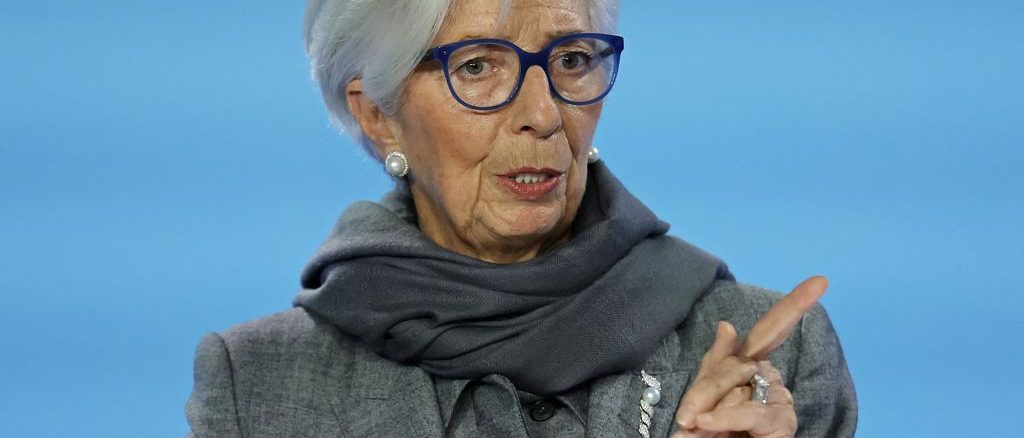
ECB critical of bank taxes: consequences have not been properly considered
The House of Representatives must take a closer look at the consequences of the additional bank tax that will be introduced in the Netherlands in 2025. In the plan to make banks pay for an increase in the minimum wage, the risk of market disruption and higher interest rates on loans from the major banks, which have to transfer an additional 150 million euros annually, has not been taken into account.
This is what President Christine Lagarde of the European Central Bank (ECB) writes in advice about the extra bank tax. The ECB does not immediately reject the option, but warns of a possible impact on the financial system. For example, fragmentation in the European market, because banks could avoid the Netherlands due to taxes. “It could affect the resilience of the banking sector and cause market disruption.”
Record interest
The ECB rapidly raised interest rates last year to a record 4.5 percent. According to the European regulator, it is not surprising that banks immediately make higher profits. In the letter to The Hague, the ECB emphasizes that the consequences of a rapid interest rate increase could be unfavorable for banks in the longer term. “Profitability may be less positive or even negative for a longer period,” the ECB says about the consequences of higher interest rates, for example because fewer loans are granted.
The ECB is trying to cool down the runaway economy with high interest rates in order to combat high inflation. The economy in the Netherlands is in good shape quiet this year and next year, the Dutch Central Bank (DNB) concluded yesterday. This can hit banks with defaults, Lagarde writes.
According to the ECB, this has not been considered in the House proposal. That is why Lagarde first asks for a “thorough analysis” of the consequences for the financial system in the Netherlands and to add this to the bill.
Useless
Depending on their size, Dutch banks already pay a special tax of 470 million euros annually. This was introduced during the credit crisis to discourage banks from taking too many risks and paying too high rewards. This has not been of much use, ECB points to the conclusion of a 2021 evaluation by the Ministry of Finance.
Because the ECB’s advice is not binding, the House of Representatives may ignore it. Plans were previously put in place Spain, Italy, Slovenia, and Lithuania to punish banks with an additional tax for alleged excess profits and low savings interest rates after ECB advice was weakened or canceled.

Be the first to comment